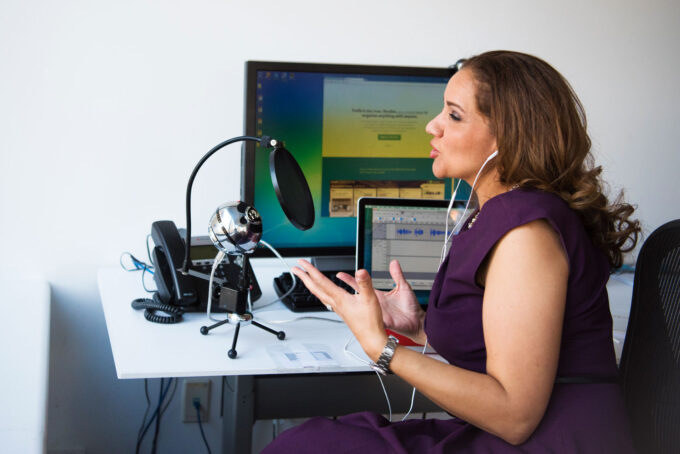
MOOCs, Bootcamps, Communities and Events: Learning to Code in New Formats
Coding Bootcamps, online courses and alternative universities: Manifold new options of how to learn coding have arisen alongside traditional degree programmes, vocational trainings and advanced training courses. In this blog post we present some examples.
What kinds of possibilities of learning to code are nowadays offered besides conventional academic studies, advanced training and further education? In the course of the maker movement and the rise of EdTech (Link in German) new platforms and formats were developed that offer to learn how to programme. The contents of these offerings range from understanding the basics of programming, the training of simple computer languages up to learning complex computer languages. We chose varying examples, among them free courses as well as courses with a high tuition, self-learning tutorial videos as well as platforms with community support or personal mentors
Platforms containing free courses and MOOCs
- Start Coding e.V. (Link in German)
- Codecademy
- MIT Open Courseware
- Coursera
- Udacity
- Open HPI
- EDX
- Khan Academy
- Start Coding e.V. (Link in German)
- Codecademy
- MIT Open Courseware
- Coursera
- Udacity
- Open HPI
- EDX
- Khan Academy

Free courses with challenges for practice
- Helping non-profits implementing their projects while learning to code: freeCodeCamp
- Interactive lab including challenges and contests: Programmr

Learning to code by copying, watching or on mobile phones
- Learning by solving mini quizzes on the mobile: Lrn
- Learning by copying favorite apps: Cloneable
- Watching others programming via Live-Streaming: Live Edu TV

Fee-based online courses

Fee-based courses respectively platforms offering individual mentoring
- Courses on-site or online: General Assembly
- Learning with (paid) mentors: CodeMentor
- Learning with a personal mentor (high tuition): BLOC

Community support while learning
- Very large and active community of coders that help each other: Stack Overflow
- Learning to code hands-on with one’s own project and community support (fee-based): CodeBigly

All-females repectively all-girls courses

Online courses and events for kids
- Tynker
- Code.org
- Coder Dojo : At least one library Bücherhalle in Hamburg-Barmbek is actively offering its own Dojo (Link in German)
- HABA Digitalwerkstatt

Alternative university concepts and coding bootcamps
- Code University
- École 42
- Coding bootcamps offer an 8 – 12 weeks programme of intense coding training (high tuition): Best Coding Bootcamps

Events
- Code Week
- Learn-to-code-Meetups (if no meetups are offered in your location, you can organise a meetup yourself)

Overview of further possibilites
- 27 ways to learn how to code on the cheap (or free)
- Start Coding (Link in German)
- Programmieren lernen: Die besten Quellen für den Einstieg (Link in German)
- 11 Websites To Learn To Code For Free In 2017
Did you already try one of these, or similar possibilities? What are your experiences and which one would you recommend?
View Comments

Citizen Science: Interview With Dr Katrin Vohland About Advantages, Barriers and Development of Citizen-Oriented Research
In which cases does Citizen Science prove to be a profit in practice, where are the...



